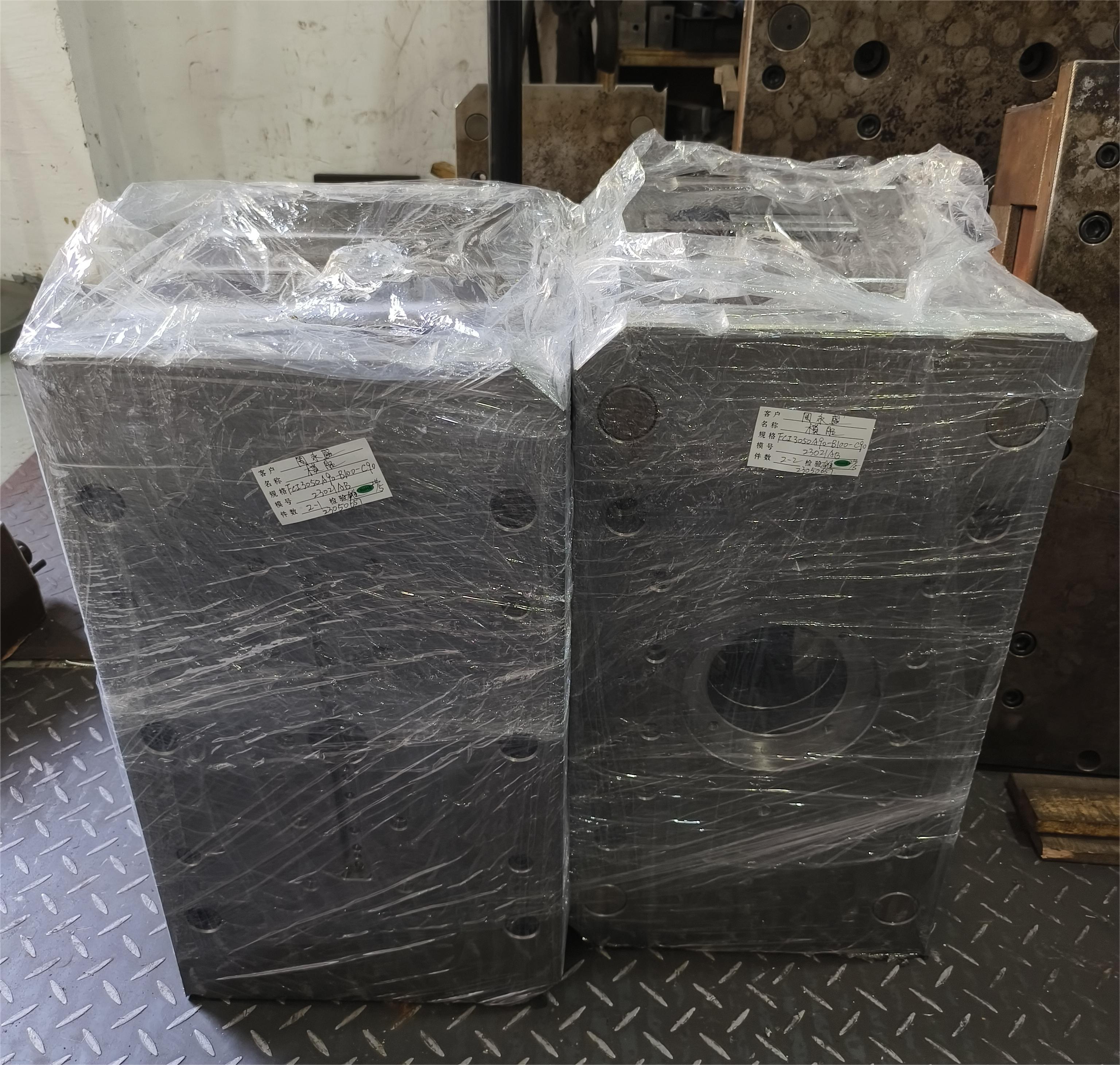As the manufacturing industry in Indonesia continues to expand, so does the demand for high-quality mould bases. These crucial components are at the heart of any mould-making process and significantly affect the quality of the final product. This guide aims to provide Indonesian manufacturers with essential insights into selecting and utilizing high-quality mould bases.
Understanding Mould Bases
Mould bases serve as the foundation for moulds used in the production of various materials, such as plastics, metals, and ceramics. They play a critical role in ensuring precision, durability, and efficiency during the manufacturing process. Selecting the right mould base can enhance product quality and reduce costs in the long run.
Key Functions of Mould Bases
- Supports the mould assembly
- Ensures accurate alignment and stability
- Facilitates easy removal of finished products
- Accommodates cooling and heating systems
- Enhances production efficiency
Types of Mould Bases
There are several types of mould bases available in the market. Understanding the differences between these options can help manufacturers make informed decisions. The following table provides a comparison of various mould base materials and their properties:
| Material | Properties | Common Applications |
|---|---|---|
| Steel | Strong, durable, and resistant to heat | Industrial moulds, injection moulding |
| Aluminium | Lightweight, good thermal conductivity | Low to mid-volume production, rapid prototyping |
| Plastic | Corrosion-resistant, lightweight | Consumer goods, low-cost applications |
| Composite Materials | Strong yet lightweight, resistant to various factors | Aerospace, automotive industries |
Selecting the Right Mould Base
When choosing the right mould base for specific manufacturing needs, consider the following factors:
- Production Volume: Higher production volumes may require more robust materials like steel, while lower volumes could benefit from lighter materials like aluminium.
- Type of Material Being Processed: Different materials have varying thermal and chemical properties, affecting mould base selection.
- Cost Considerations: While high-quality mould bases may have a higher upfront cost, they can lead to long-term savings by reducing maintenance and replacement frequency.
- Manufacturing Environment: Consider factors like humidity, temperature fluctuations, and exposure to chemicals, which can affect the durability of mould bases.
Benefits of High-Quality Mould Bases
Investing in high-quality mould bases offers several advantages for Indonesian manufacturers:
Improved Quality of Production
High-quality mould bases lead to enhanced precision in manufacturing, resulting in products that meet strict quality standards. This can increase customer satisfaction and loyalty.
Cost Efficiency
While the initial investment may be higher, quality mould bases often result in lower maintenance costs, reduced downtime, and less waste, enhancing overall cost efficiency.
Increased Production Speed
Efficient mould bases can streamline manufacturing processes, leading to quicker turnaround times and enabling manufacturers to meet growing market demands.
Trends Influencing Mould Base Selection
As technology evolves, several trends are influencing mould base selection:
- Automation: Increasing automation in manufacturing processes is driving the need for more sophisticated mould bases that can integrate with robotic systems.
- 3D Printing: The rise of 3D printing technology is prompting manufacturers to explore innovative mould base designs that traditional methods cannot achieve.
- Sustainable Manufacturing: There is a growing trend towards sustainability, leading manufacturers to seek environmentally friendly materials for mould bases.
The Future of Mould Bases in Indonesia
As the Indonesian manufacturing sector continues to adapt to global trends and demands, the role of high-quality mould bases will become increasingly significant. Manufacturers must stay updated on advancements in materials and technologies to remain competitive.
By prioritizing high-quality mould bases, Indonesian manufacturers can not only enhance their production capabilities but also contribute to the overall growth and reputation of the country's manufacturing sector.

